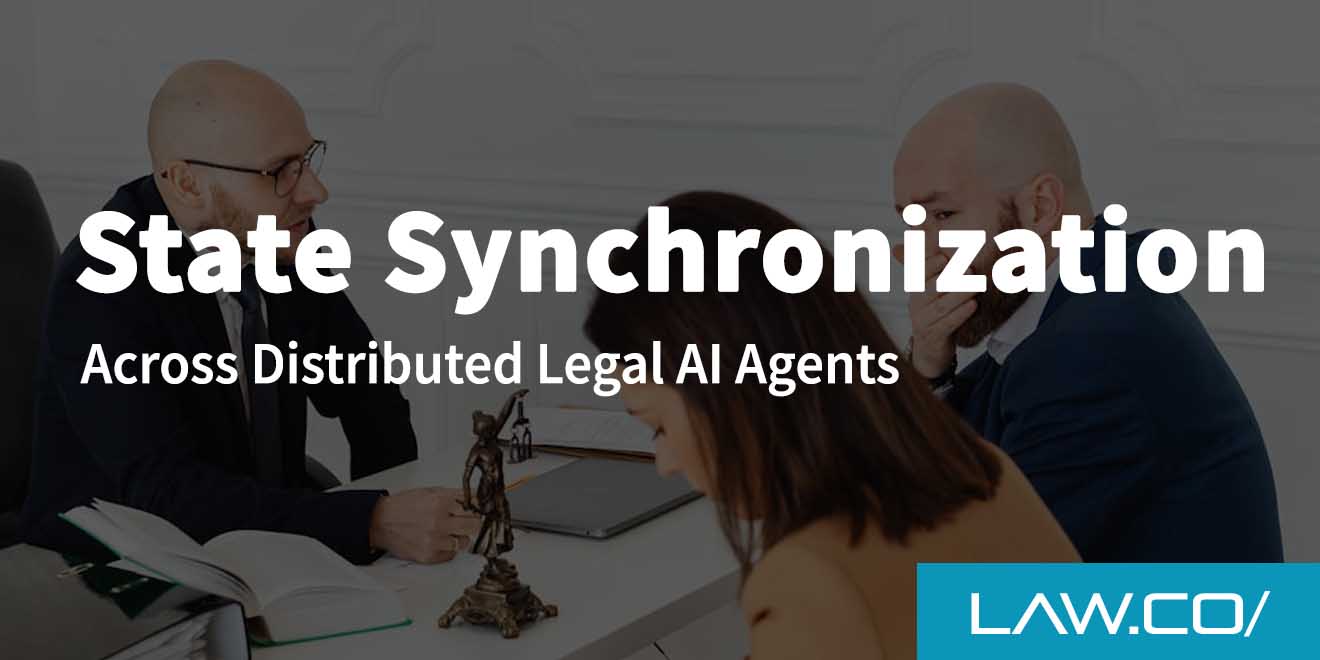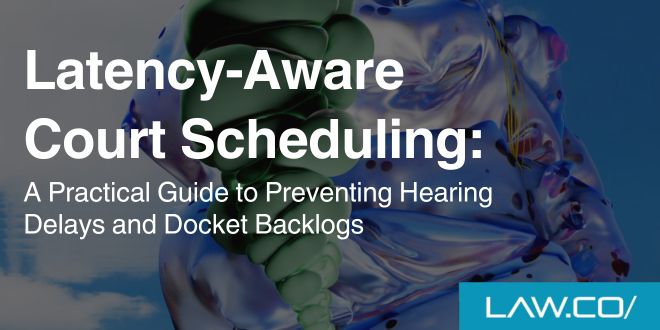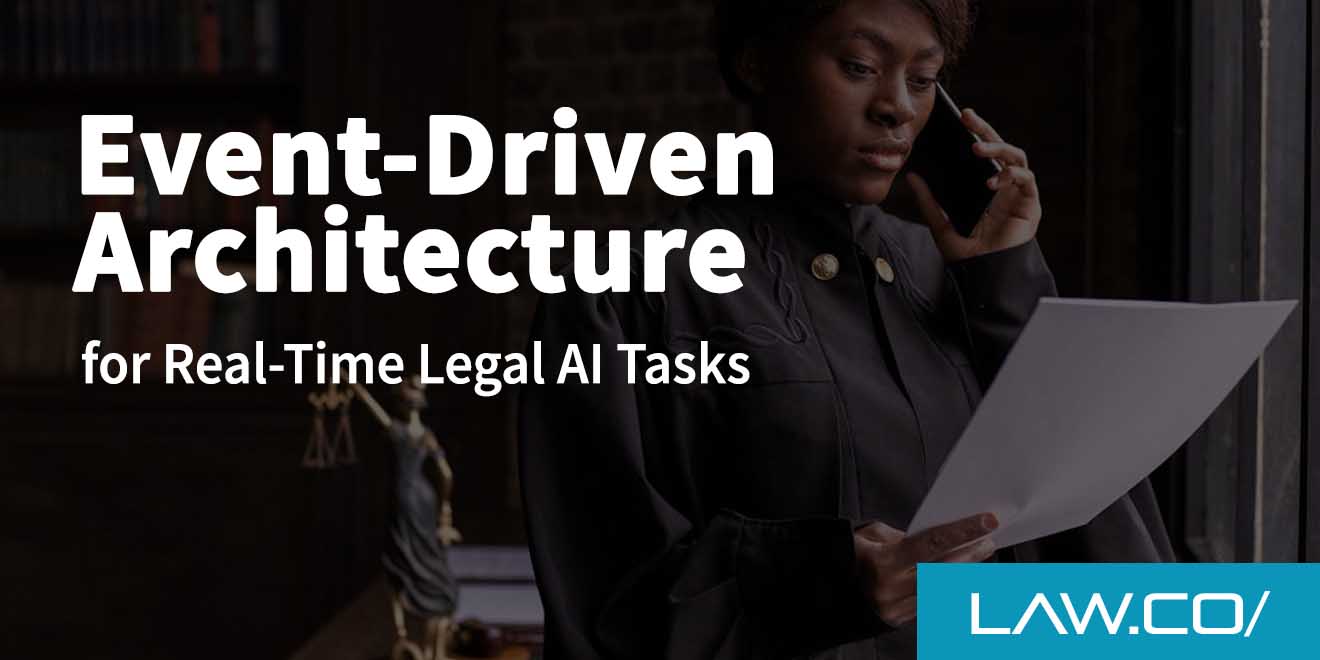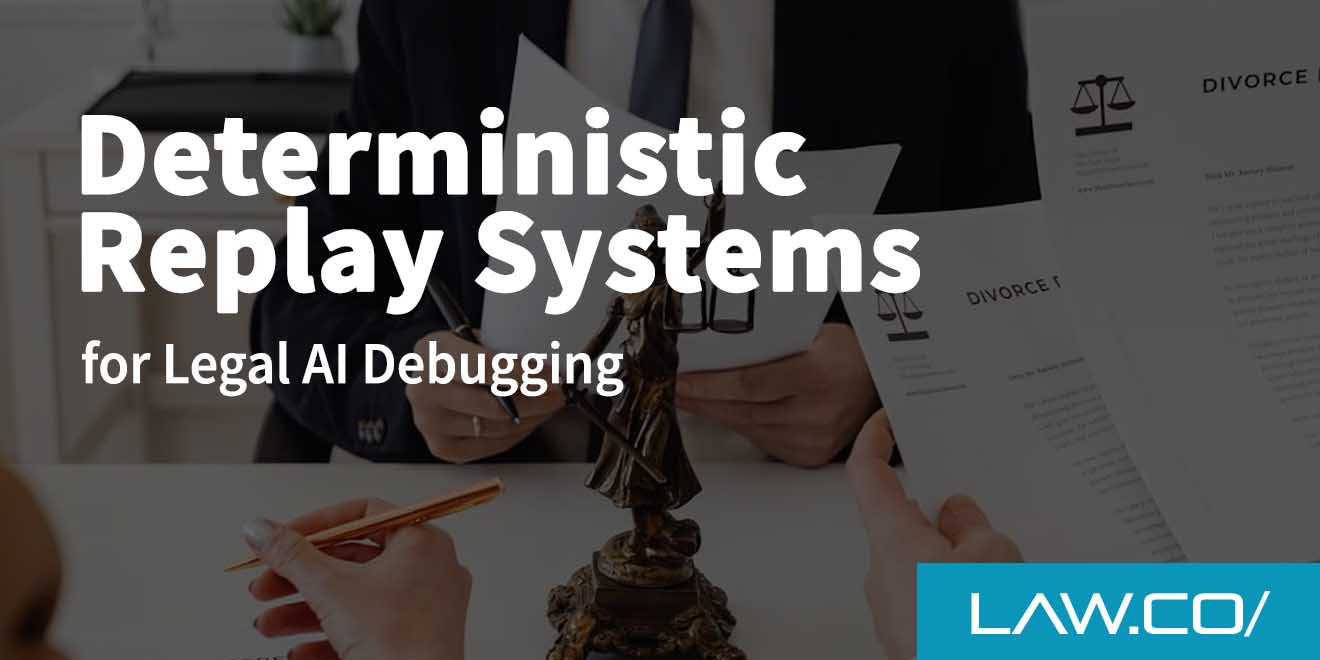

How Do You Compare Legal AI Tools?
Legal AI is taking over the profession, at least in some ways.
Early fears that lawyers would be replaced by this technology have mostly settled by now, but it seems apparent to even the biggest technology skeptics that this revolutionary technology is changing the legal field.
Using conversational queries and generative AI, the best legal AI tools on the market can help you with document drafting, document review, legal research, and much more.
On the surface, many of these tools appear similar, or even functionally identical, differing only in terms of usability, presentation, and branding.
But if you want the most reliable legal AI tool for your law firm, you'll need to be able to do your proper due diligence. In other words, you'll need to find a way to research and compare these legal AI tools.
So how can you do this effectively?
.jpg)
Key Features
You can start by looking at the key features associated with each legal AI tool. Most legal AI tools that are prominent have a similar set of features, but there may be certain nuances that vary between these tools.
For example, most AI tools for lawyers are capable of handling conversational queries, processing and summarizing complex documents, conducting or expediting legal research, drafting new documents, formulating citations, and so on.
However, not all tools offer all of these features, and some tools offer even more features. In fact, some legal AI tools are designed to closely integrate with other tools for lawyers, creating seamless workflows between them.
Depending on your needs, you might want a legal AI tool with all the available bells and whistles, but keep in mind that these extra features usually correlate with increased costs. If you're looking to save money, a simpler tool may be adequate.
Research Scope and Reach
You should also look into the scope and reach of research for each tool. What databases and sources are available to each legal AI tool? How do they conduct their research? Do they have open access to the internet, or do they rely on more centralized legal databases? How often are they updated? How thorough or exhaustive are they in their processing?
Obviously, some of these questions are easier to answer than others. This is especially true because not all legal AI developers are open and transparent about how they approach research.
Accuracy also matters, as some tools are more accurate than others. Although we don't have exceptional objective metrics for measuring accuracy, we can conduct experiments and rely on anecdotal reporting to get an indication for how reliable each tool is.
The Development Team
Another factor to consider is the skill and experience of the development team behind the legal AI tool. Competent developers with years of experience in AI development and teams of competent individuals typically make better, more reliable products. There's a big difference between an AI tool made for lawyers from scratch and one that's essentially a clone of ChatGPT with some new branding thrown on it.
Researching the development team is also important because it gives you some indication about how well supported this tool is, and where it could go in the future. We'll be touching on these ideas later in this article as well.
UI/Usability
Using legal AI is a skill that you can develop like any other. The more practice you get with prompt engineering and AI-focused document drafting, the better you're going to get. This is true of almost any tool, and many of your skills will be transferable between tools.
That said, there can be a bit of a learning curve when it comes to certain types of legal AI tools. Accordingly, you need to highly value UI and usability. If a tool is easy to learn, relatively easy to master, and easy to teach, it should be seen as more favorable in your eyes. Not only is it going to make your life easier, but it's also going to make it easier for other attorneys at your firm to master the art of using this tool – without watching hundreds of hours of video tutorials.
Security and Privacy Standards
Pay very close attention to security and privacy standards offered by each legal AI developer. This is a very sensitive and somewhat controversial area in the legal realm, as lawyers owe their clients a duty to protect their most sensitive and valuable information. Even a single breach or leak could be absolutely disastrous for a practicing attorney, so they need to exercise the utmost caution when reviewing new tools.
AI is associated with a number of challenges related to security and privacy. Accordingly, many law firms are erring on the side of caution by avoiding the use of AI with sensitive client details altogether. Even if you're exercising caution and using legal AI conservatively, it's still a good idea to make sure there are sound security and privacy standards in place.
Speed and Efficiency
How fast does this tool work and how efficient is it?
This is a big, somewhat vague question that is associated with a number of variables. The processing speed of the tool, its range of features and abilities, and its usability all play a role in how quickly you can use it and how effectively it helps you with your job.
In any case, you'll need to zoom out and take a high-level approach to analyzing this quality. The faster and more efficient this tool is, and the better it helps you expedite your own work, the more you should value it.
Users and User Controls
How does this legal AI tool approach users and user controls? If you sign up for this service, will all your practicing attorneys be able to use it, or will you need to pay an additional fee for each one? Can you control who has access to which features, and will you have transparency to see how they're using it?
Depending on the structure and size of your firm, this may or may not be a priority for you. However, it's typically worth researching just so you have a better understanding of how this tool works.
Reviews, Ratings, and Testimonials
Reviews, ratings, testimonials, and other qualitative measures of a legal AI tool’s effectiveness can speak volumes about how attorneys feel about it. It's not going to tell you everything about how a tool works or whether it's effective, but it's a great place to start.
Reviews are easy to fabricate, but they’re also relatively easy to authenticate. A simple star-based rating can't tell you much about how secure or fast this tool is. And it's always hard to tell how sincere testimonials are.
These indicators are imperfect, so you'll need to take all of them with a grain of salt. But if you consistently see the same types of praise, or the same types of complaints across all these user submissions, you should take them seriously.
The Roadmap and Future
You may have a solid idea of what this legal AI tool can do now, and how you might use it in your law firm as it currently exists. But what about a few years from now? What about a decade from now? Certainly, AI is going to advance in the coming years, and it's likely that most legal AI tools will undergo some kind of evolution. But what will that evolution look like?
A simple development road map can help you get inside the minds of your developers, better understanding their thought processes and how they want this tool to grow in the future. This can help you plan for a longer horizon for your firm, and it can be an excellent indication of how much these developers value and believe in the tool they're developing.
Pricing
Obviously, you'll also need to think about pricing. There might be a legal AI tool that has far more features and greater accessibility than any other AI tool on the market, but if it also costs 100 times as much, it might not be worth the investment.
Just remember that pricing is only one consideration, as in many cases, extra costs are worth it.
Comparing Apples to Apples
It can be very challenging to effectively compare different types of legal AI tools, in part because they come in so many different varieties from so many different development teams. When doing your research and comparing different tools, do your best to compare apples to apples. In other words, make note of key differences and try to account for them; all other factors being equal, which tool seems to be the better value for the money?
Taking Advantage of Free Trials
Finally, make sure you take advantage of free trials. Most legal AI developers are more than happy to let you try their tool for free, and it's a great way to get a better handle on its research scope, accuracy, usability, and core functionality.
We're no exception to that rule.
Are you ready to get started?
Sign up for a free trial today!

%201.svg)










